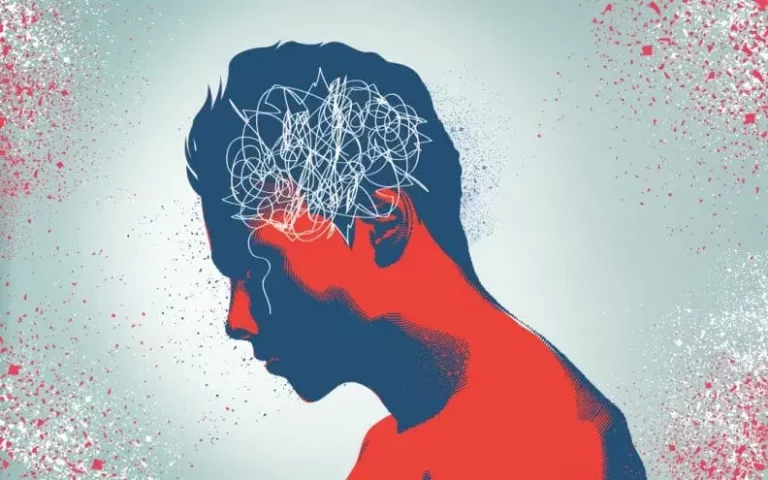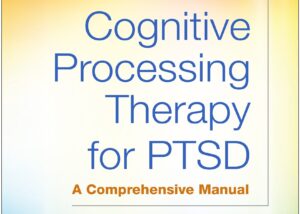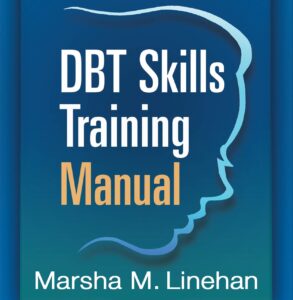How I do therapy
I use an integrative approach that is informed by some of the most prominent psychotherapy theories in the field. I am interested in exploring ways in which one’s interconnected thoughts/feelings/beliefs and behaviours interact to
form patterns that can be analyzed and adjusted in therapy.
Cognitive-Behavioural
Grounded in a strong CBT framework I am able to use the CBT lens to explain the way thought patterns contribute to mood, depression, anxiety and habits/behaviours one wants to explore and change.
EXISTENTIAL
With a focus on making meaning from a difficult experience, along with specific activities that individuals engage with, one can help the healing process through symptoms of depression, grief and trauma.
Mindfulness
Mindfulness involves being fully in the present moment and attempting to build skills related to calming the mind, being aware of bodily sensations and achieving deep relaxation.
Trauma-Informed
Understanding how the mind and body responds to trauma is essential to trying to alleviate symptoms ranging from trauma responses, to Post-Traumatic Stress Disorder.
I employ a harm reduction approach to treating addiction
The 12 steps have helped a lot of people, but they aren’t for everyone. And, contrary to what you may have been told, if they aren’t for you, you haven’t failed.
A harm reduction approach meets people where they are and responds practically to issues of reducing use when abstinence isn’t the client’s goal, ensuring the person is safe while using substances, and relapse management/prevention.
A person might not be ready to quit today, but we can focus on ways to keep them safe until the time comes when they want to reduce substance use.

National Overdose Response Service Overdose prevention hotline – staff stay on the line while clients use substances to ensure they stay safe.

CPT
I received training from Kathleen Chard who was one of the authors of the CPT for PTSD manual. CPT is used with many agencies including Veteran’s Affairs in the US and Canada and it’s known as a Gold Standard treatment for Post-Traumatic Stress. It focuses on the “stuck points” where clients struggle after a trauma including thought patterns rooted in guilt, shame and avoidance that exacerbate PTSD symptoms.
DBT
Marsha Linehan’s development of Dialectical Behaviour Therapy
changed the life of individuals who suffer from Borderline Personality Disorder and has been extended to a number of other presenting concerns related to dealing with strong emotions. In addition to a philosophy on finding
balance between Acceptance and Change and meeting in the middle of two extremes, DBT includes countless concrete skills to help in the areas of emotion regulation, distress tolerance, mindfulness and interpersonal effectiveness.

